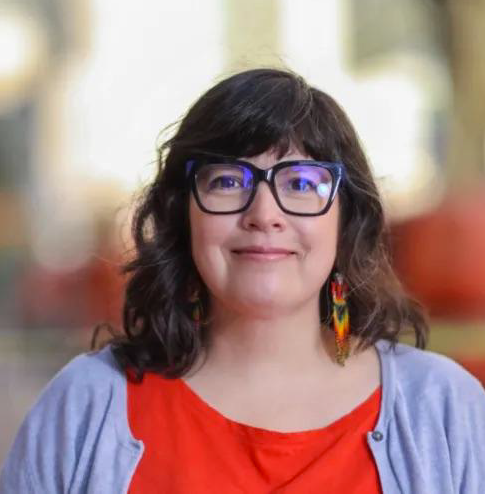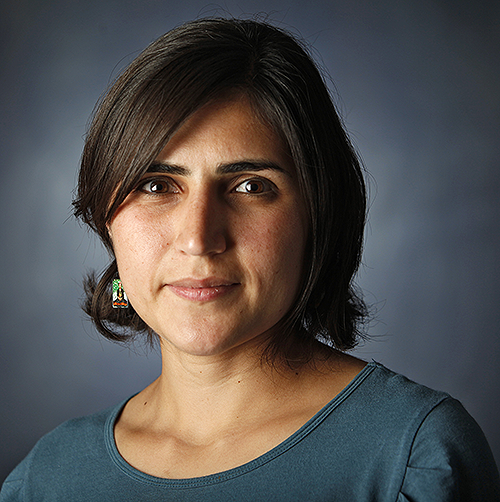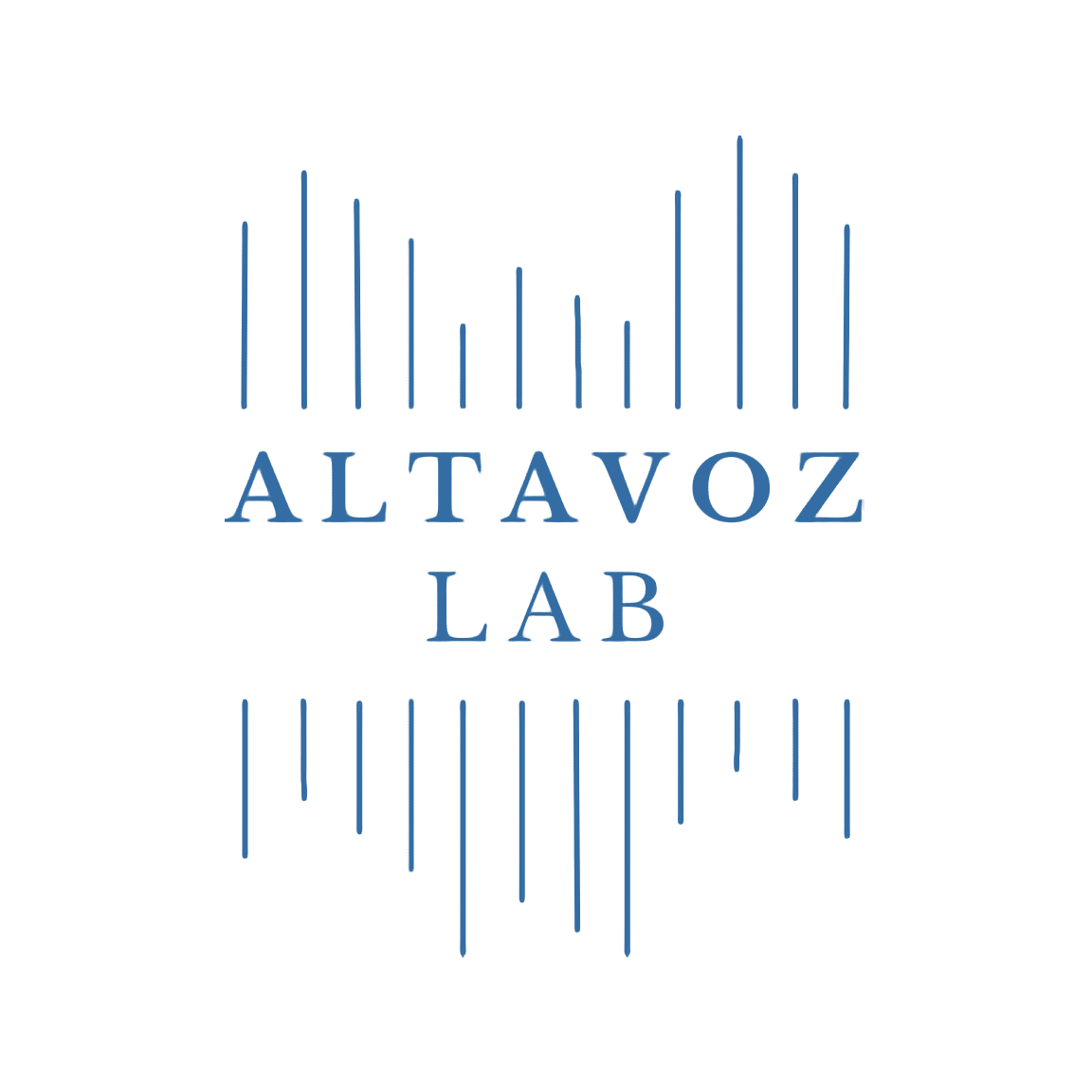2023-2024 Environmental Fellowship
Public data from a network of state air monitors around the Houston Ship Channel is hard to interpret and is often inadequate, leaving Latino-majority neighborhoods like Cloverleaf unaware of whether the air they breathe is safe.
In the Houston-area community of Cloverleaf, locals say the air often smells like rotten eggs, nail polish, or burning tires. Many residents said they suffer from respiratory problems, asthma, and skin ailments, and they wonder if the air they’re breathing is the culprit. Yet information about what they’re breathing every day is hard to find, despite 23 state air monitoring sites near the 52-mile long Houston Ship Channel, one of the world’s largest petrochemical complexes where more than 200 facilities process fossil fuels into plastics, fertilizers and pesticides.
Read the story in English here.
Lee el reportaje en español aquí.
The fellows
The story led by reporters Alejandra Martinez and Wendy Selene Pérez is a co-publication in English and Spanish by The Texas Tribune, Environmental Health News, palabra. (the NAHJ-sponsored news website), Radio Bilingue, La Esquina de Texas (in Spanish) as part of Altavoz Lab’s Environmental Fellowship in partnership with Environmental Health Sciences. This project had additional support from the Pulitzer Center.

Alejandra Martinez is The Texas Tribune’s Fort Worth-based environmental reporter. She joined the Tribune in the fall of 2022. Alejandra was previously an accountability reporter at KERA, where she began as a Report for America corps member and then covered Dallas City Hall. Before that, she worked as an associate producer at WLRN, South Florida’s public radio station. Alejandra studied journalism at the University of Texas at Austin, and interned at KUT and NPR’s Latino USA. She’s a native of the Aldine area of Harris County and speaks fluent Spanish.

Wendy Selene Pérez is a freelance journalist with a two-decade career spanning various media outlets in Mexico, Argentina, and the United States. Her work focuses on social justice, victims of violence, government accountability, transparency, and immigration. Wendy’s articles have been featured in Gatopardo, Proceso, The Baffler, Vice, and Al Día Dallas/The Dallas Morning News. She has held positions such as bureau chief of CNN Mexico, editor of Domingo magazine (El Universal), and multimedia editor of Clarin.com. Previously, she served as the chief multimedia editor of the newspaper Mural (Grupo Reforma). Wendy holds a Master’s Degree in Journalism from Diario Clarín-Universidad de San Andrés-Columbia University, with her thesis titled “La Tierra de las Fosas,” a data-driven journalistic investigation. She has been honored with the National Journalism Awards in Mexico (2019, 2022), the Walter Reuter German Journalism Award (2020), the Breach-Valdez Human Rights Award (2022, 2023), the Texas APME 2021 News Spanish-Language award, the ICFJ’s COVID-19 reporting story contest, and received an honorable mention in the Latin American Investigative Journalism Award (COLPIN, 2022).
Our Mentor:

Perla Trevizo is a reporter for the ProPublica-Texas Tribune Investigative Initiative. Trevizo is a Mexican-American reporter born in Ciudad Juárez and raised across the border in El Paso, Texas, where she began her journalism career. Trevizo spent more than 10 years covering immigration and border issues in Tennessee and Arizona before joining the Houston Chronicle as an environmental reporter. She has written from nearly a dozen countries, from African refugee camps to remote Guatemalan villages, with the goal of broadening readers’ understanding of the global issues that impact the local communities where she has worked. Her work has earned her national and state awards including the Dori J. Maynard Award for Diversity in Journalism, French-American Foundation Immigration Journalism Award, and a national Edward R. Murrow for a story done in collaboration with Arizona Public Media. She was also honored as the 2019 Arizona Journalist of the Year by the Arizona Newspaper Association.



